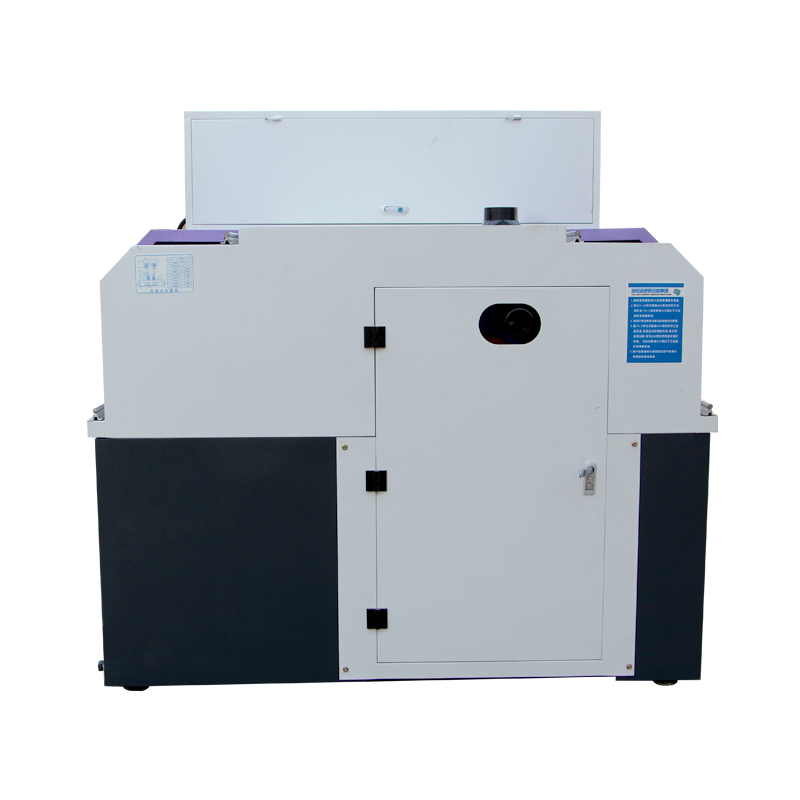
-
 Afrikaans
Afrikaans -
 Albanian
Albanian -
 Amharic
Amharic -
 Arabic
Arabic -
 Armenian
Armenian -
 Azerbaijani
Azerbaijani -
 Basque
Basque -
 Belarusian
Belarusian -
 Bengali
Bengali -
 Bosnian
Bosnian -
 Bulgarian
Bulgarian -
 Catalan
Catalan -
 Cebuano
Cebuano -
 Corsican
Corsican -
 Croatian
Croatian -
 Czech
Czech -
 Danish
Danish -
 Dutch
Dutch -
 English
English -
 Esperanto
Esperanto -
 Estonian
Estonian -
 Finnish
Finnish -
 French
French -
 Frisian
Frisian -
 Galician
Galician -
 Georgian
Georgian -
 German
German -
 Greek
Greek -
 Gujarati
Gujarati -
 Haitian Creole
Haitian Creole -
 hausa
hausa -
 hawaiian
hawaiian -
 Hebrew
Hebrew -
 Hindi
Hindi -
 Miao
Miao -
 Hungarian
Hungarian -
 Icelandic
Icelandic -
 igbo
igbo -
 Indonesian
Indonesian -
 irish
irish -
 Italian
Italian -
 Japanese
Japanese -
 Javanese
Javanese -
 Kannada
Kannada -
 kazakh
kazakh -
 Khmer
Khmer -
 Rwandese
Rwandese -
 Korean
Korean -
 Kurdish
Kurdish -
 Kyrgyz
Kyrgyz -
 Lao
Lao -
 Latin
Latin -
 Latvian
Latvian -
 Lithuanian
Lithuanian -
 Luxembourgish
Luxembourgish -
 Macedonian
Macedonian -
 Malgashi
Malgashi -
 Malay
Malay -
 Malayalam
Malayalam -
 Maltese
Maltese -
 Maori
Maori -
 Marathi
Marathi -
 Mongolian
Mongolian -
 Myanmar
Myanmar -
 Nepali
Nepali -
 Norwegian
Norwegian -
 Norwegian
Norwegian -
 Occitan
Occitan -
 Pashto
Pashto -
 Persian
Persian -
 Polish
Polish -
 Portuguese
Portuguese -
 Punjabi
Punjabi -
 Romanian
Romanian -
 Russian
Russian -
 Samoan
Samoan -
 Scottish Gaelic
Scottish Gaelic -
 Serbian
Serbian -
 Sesotho
Sesotho -
 Shona
Shona -
 Sindhi
Sindhi -
 Sinhala
Sinhala -
 Slovak
Slovak -
 Slovenian
Slovenian -
 Somali
Somali -
 Spanish
Spanish -
 Sundanese
Sundanese -
 Swahili
Swahili -
 Swedish
Swedish -
 Tagalog
Tagalog -
 Tajik
Tajik -
 Tamil
Tamil -
 Tatar
Tatar -
 Telugu
Telugu -
 Thai
Thai -
 Turkish
Turkish -
 Turkmen
Turkmen -
 Ukrainian
Ukrainian -
 Urdu
Urdu -
 Uighur
Uighur -
 Uzbek
Uzbek -
 Vietnamese
Vietnamese -
 Welsh
Welsh -
 Bantu
Bantu -
 Yiddish
Yiddish -
 Yoruba
Yoruba -
 Zulu
Zulu
Exploring the Features and Benefits of Roll Thread Machines in Manufacturing Processes
The Evolution and Importance of Roll Thread Machines in Modern Manufacturing
In the world of manufacturing, precision and efficiency are paramount to the success of any operation. One of the key players in achieving these goals is the roll thread machine. This remarkable piece of machinery has transformed the way manufacturers produce threaded components, offering significant benefits over traditional methods.
What is a Roll Thread Machine?
A roll thread machine is specifically designed to create threads on cylindrical parts through a process known as thread rolling. Unlike traditional cutting methods, which remove material to create threads, roll threading works by deforming the material through the application of pressure. This process not only enhances the strength of the threads but also improves the surface finish, resulting in a more durable and aesthetically pleasing product.
How Does It Work?
The operation of a roll thread machine involves feeding a cylindrical workpiece between two rotating dies, which are shaped to form the desired thread pattern. As the dies rotate and exert pressure, the material is displaced, creating threads without any material loss. The advantages of this method include
1. Increased Strength Because rolling compresses the material, the resulting threads often exhibit improved tensile strength and fatigue resistance compared to cut threads. 2. Material Efficiency Roll threading eliminates the need for cutting tools and reduces material waste, making it a more sustainable option for manufacturers.
3. Improved Surface Finish The process of rolling produces a smoother surface finish, which can enhance the performance and aesthetic appeal of the finished product.
4. Higher Production Rates Roll thread machines can produce large volumes of threaded components in a shorter amount of time, significantly boosting productivity in manufacturing environments.
Applications of Roll Thread Machines
Roll thread machines are used across various industries where precision threading is critical. Common applications include
roll thread machine product

- Automotive Industry Many automotive components, such as bolts, screws, and fasteners, require strong and reliable threads. Roll thread machines allow manufacturers to produce these essential parts with optimal strength.
- Aerospace Sector The aerospace industry demands the highest levels of precision and reliability. Roll threading contributes to the production of critical components that must withstand extreme conditions.
- Construction In construction, threaded rods and fasteners must endure heavy loads, making the strength and durability provided by roll threaded components essential.
- Electronics Many electronics rely on finely threaded components for assembly, where precision and reliability are key.
Advancements in Technology
The roll thread machine industry has seen significant technological advancements in recent years. Modern machines are equipped with sophisticated features such as computerized controls, which enhance precision and ease of use. Additionally, advancements in materials and die design have allowed for the production of more complex thread patterns than ever before.
Furthermore, the integration of automation in manufacturing processes has revolutionized the efficiency of roll threading. Automated systems can quickly identify and adjust for variations in material properties or workpiece dimensions, ensuring consistent quality and performance.
Conclusion
As the demand for high-quality threaded components continues to grow, the importance of roll thread machines in modern manufacturing cannot be overstated. Their ability to produce strong, reliable, and aesthetically pleasing threads while maximizing efficiency and minimizing waste makes them an invaluable asset across numerous industries. With technological advancements paving the way for even greater capabilities, roll thread machines are poised to remain a cornerstone of precision engineering for years to come.
In summary, the roll thread machine is not just a tool; it embodies the evolution of manufacturing practices that prioritize precision, efficiency, and sustainability. As industries seek innovative solutions to meet the challenges of production, roll thread machines will undoubtedly play a crucial role in shaping the future of manufacturing.
